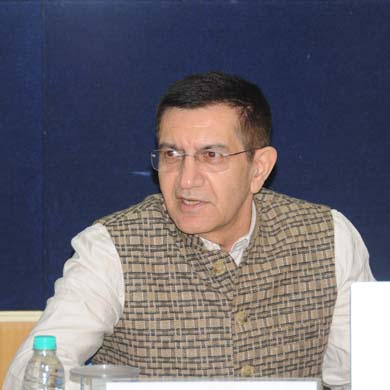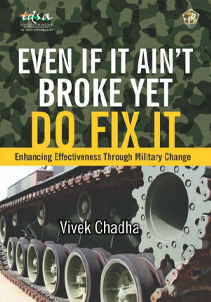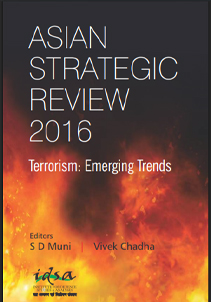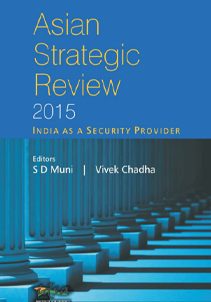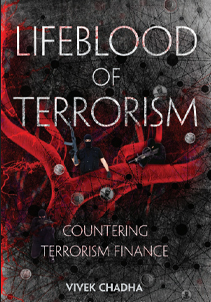10 steps to renew hope in Kashmir
The killing of Hizbul Mujahideen commander Burhan Wani, yet again, exposed the fragile peace prevalent in the Kashmir Valley.
A number of attempts have been made to analyse the emotional bursting of the dam that led to the outpouring of anger and frustration.
This article does not attempt to rationalise the incidents, as, some of the past attempts seem to have become a victim of their logic. Instead, this is a modest effort at suggesting the way forward from the crossroads that the state finds itself at.
The article suggests ten steps that need to be initiated, to not only recover from the tragic events of the past week, but also take a substantive stride forward with an aim of breaking the existing cycle of violence.
This is based on the understanding that the events succeeding the death of Burhan Wani are not merely a consequence of the incident, but the manifestation of a larger issue that reflects a sense of dissatisfaction with the status quo in Kashmir.
The current incident was possibly a trigger that galvanised the people and also gave an opportunity to inimical forces in Pakistan to exploit these conditions.
1. Every attempt must be made to arrest the ongoing violence, through direct communication and outreach by political representatives, community leaders and village elders.
No major initiatives can be attempted under existing conditions, which continue to witness loss of lives.
2. Every effort must be made to provide immediate medical aid to security personnel and locals who could well be saved from either death or permanent disability, as a result of expeditious action.
3. A senior all-party delegation must visit the state, with representatives of all major parties of the central and state government.
They must seek a broad-based assessment of the situation, which must become the basis for any future steps initiated to address the existing problems.
4. Constitute a high-level political committee, as a representative of the central and state governments to undertake a two-fold responsibility.
One, analyse reports of past committees and distil the essence of their recommendations.
Two, meet all stakeholders in the state and suggest psychological, political, social, economic and security measures within a time frame of four months.
The recommendations must be made public, with an aim of broad-based discussions over a period of three months in order to seek views of the society at large, including the local population of the state.
5. The government must open channels of communication with all sections of the people within the state to discuss options for implementation of these recommendations.
This must include political parties, separatists, students, religious leaders and eminent members of the society.
6. The implementation of these recommendations must be undertaken in a time bound manner, with high priority to disbursement of financial assistance earmarked for flood relief.
7. Existing proposals which involve allocation of land for welfare projects must be deferred until the committee submits its report in consultation with the local representatives.
Also read: India will face more Burhan Wanis if it keeps ignoring Kashmir's voice
8. Existing Standard Operating Procedures for dealing with law and order situations and crowd control must be revisited for ensuring that casualties can be minimised during mass protests.
9. Measures must be strengthened to neutralise Pakistan’s attempts at interfering, instigating and exploiting local conditions, as also continuing with its proxy war in the state and beyond, through local, national and international initiatives.
The recent past has already witnessed Pakistan increasingly being questioned internationally regarding its duplicity in the fight against terrorism. This effort needs to be further augmented.
10. Extremist perceptions often get cemented when timely and judicious messaging does not emanate at the appropriate time.
At times when mob frenzy dictates thinking rather than rationality, a sane message of hope can soothe real and a perceived sense of hurt.
This is a process that cannot happen overnight, but, must nevertheless be undertaken in the right earnest.
The most important element of this initiative must focus upon the youth of the state, who have been affected the most during the two-decade old conflict.
These recommendations are neither all encompassing, nor final.
However, they represent an attempt at moving beyond the ongoing blame game to look forward rather than backwards in the hope that a solution to existing problems in the Valley can and must be found in our lifetime.
The article was originally published in the DailyO.


